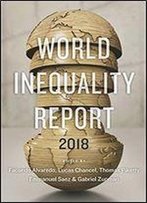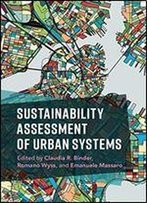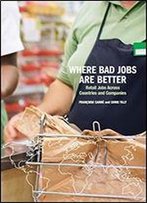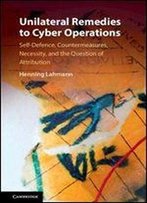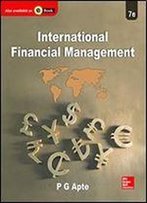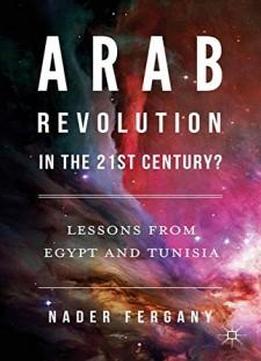
Arab Revolution In The 21st Century?: Lessons From Egypt And Tunisia
by Nader Fergany /
2016 / English / PDF
2.8 MB Download
In Arab Revolution in the 21st Century?, Nader Fergany presents a
compassionate analysis of the Arab popular uprisings in the 21st
century, with particular reference to the cases of Egypt and
Tunisia. Under authoritarian rule, relentless injustice creates
the objective conditions for expressions of popular protest which
may culminate in popular uprisings, as witnessed in many Arab
countries at the end of the first decade of the 21st century.
Unsurprisingly, the slogans of the Arab Liberation Tide (ALT)
popular revolts centered around freedom, implying sound
democratic governance, social justice, and human dignity for all.
In reality, the short-lived governance arrangements which
followed the January 2011 popular revolt in Egypt, for example,
were little more than extensions of the authoritarian governance
system the revolt set out to overthrow. There were differences,
of course, between the three short-lived regimes that took power
since then, but in form, rather than substance. This book uses a
structuralist political economy framework rather than a detailed
historical account as it considers how the ALT may prove to be an
historic opportunity for human renaissance in the Arab World – or
alternatively a disaster of epic proportions.
In Arab Revolution in the 21st Century?, Nader Fergany presents a
compassionate analysis of the Arab popular uprisings in the 21st
century, with particular reference to the cases of Egypt and
Tunisia. Under authoritarian rule, relentless injustice creates
the objective conditions for expressions of popular protest which
may culminate in popular uprisings, as witnessed in many Arab
countries at the end of the first decade of the 21st century.
Unsurprisingly, the slogans of the Arab Liberation Tide (ALT)
popular revolts centered around freedom, implying sound
democratic governance, social justice, and human dignity for all.
In reality, the short-lived governance arrangements which
followed the January 2011 popular revolt in Egypt, for example,
were little more than extensions of the authoritarian governance
system the revolt set out to overthrow. There were differences,
of course, between the three short-lived regimes that took power
since then, but in form, rather than substance. This book uses a
structuralist political economy framework rather than a detailed
historical account as it considers how the ALT may prove to be an
historic opportunity for human renaissance in the Arab World – or
alternatively a disaster of epic proportions.

